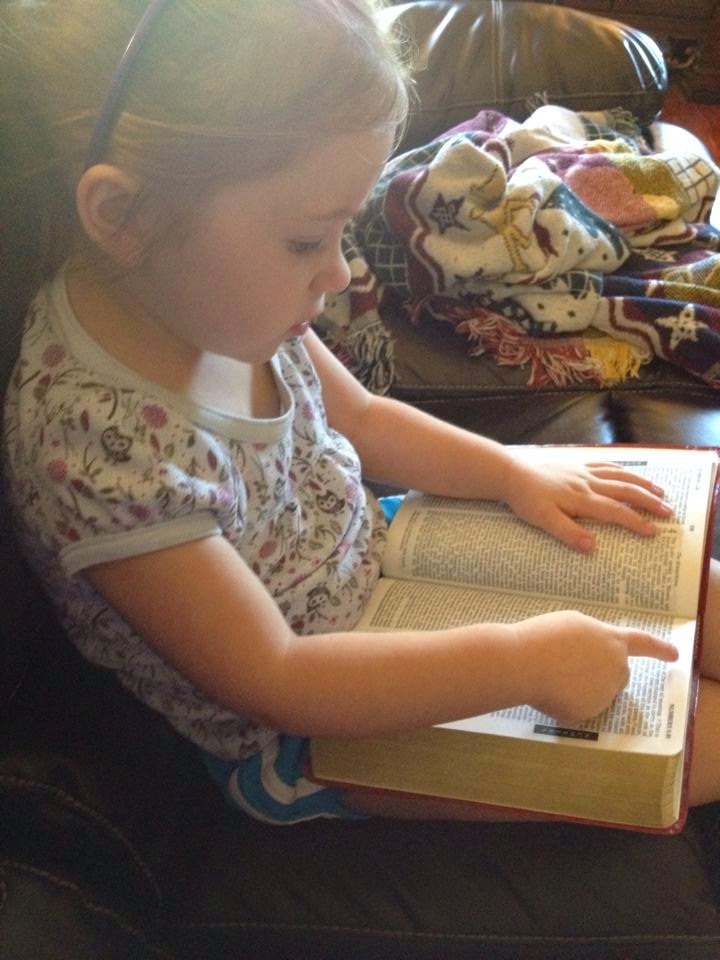Ahhhhh the debate over inventive spelling. If you are thinking, huh, don't worry you will be introduced to it soon enough. Basically (in my opinion) it's that time when young children try to write words that they probably can't spell on their own. They don't have the spelling patterns down. Many of the spelling patterns like, when to use 'oi' or 'oy', when to use 'ite' or 'ight' aren't even appropriate until 2nd grade. I know some of you are thinking,
well, when do you? The point is we want children writing well before they have learned the correct spelling patterns. If we wait until all the patterns are taught, we will be waiting a long time!

Inventive spelling really is just hearing and then recording the sounds you hear in a word. So for example if a child wanted to write the word
bright, it would be possible that he or she would write
brit because those are the sounds that can be heard. I have seen young children write the word
hamburger as
hambrgr. It does make sense.
As they grow and continue in school hopefully they will be in a program that has them do word sorts and word analysis rather than silly activities such as writing the words 3 times. I'll address that at a later time. When children conduct word sorts they are able to conclude that '
oi' is used when the sound is in the middle of a word or syllable. They will conclude that if that sound is at the end of a word or syllable it is spelled '
oy'.
Parker now knows how to spell the word
no, among others. He can analyze that word and conclude that if he can spell
no, he can change the 'n' to a 'g' and spell
go. Change the 'n' to an 's' and he has
so. He learned that by knowing how to spell one word, he can spell many others.
In the meantime he needs to be encouraged to write and record his thoughts. If we want children to write we have to encourage them to write words they don't yet control. That can only happen when we allow inventive spelling. Understand that initially a child may only write the first letter as that may be all they hear. Then, developmentally they write the beginning and end of the word. So the word
cat might be written
ct. My favorite was a first grader trying to write the word
hydraulics, she wrote
hijroliks. Makes sense to me. If inventive spelling wasn't encouraged for above age words, she never would have even tried. We don't let children continue using inventive spelling once they have been taught a spelling pattern. We should and do hold them accountable for spelling those words correctly.
When your child is writing and asks how to spell a word, please don't say
sound it out. Rather say,
What sounds do you hear? Write those down. What sound do you hear first? Next? At the end?
Let's see how well you can read inventive spelling. I will start up a few levels to make it easier for you.
min, jrv, rop, bak, wndw
So.....how did you do?
 At one point this weekend we went to a park and just played. The kids had so much fun just playing, running, chasing, climbing - just playing. They decided on the way out to gather a few rocks and a pine cone they found. Mom thought it a grand idea and so home we headed.
At one point this weekend we went to a park and just played. The kids had so much fun just playing, running, chasing, climbing - just playing. They decided on the way out to gather a few rocks and a pine cone they found. Mom thought it a grand idea and so home we headed.

.JPG)

.jpg)

.jpeg)




.jpeg)



.JPG)
